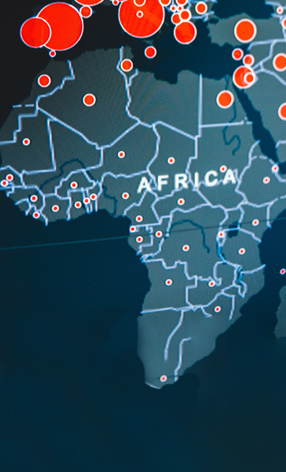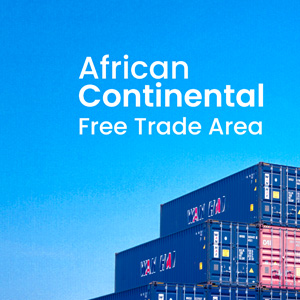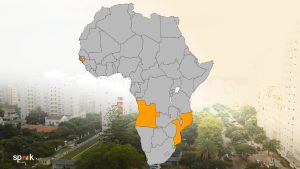With the entry into force of the African Continental Free Trade Area on 1 January 2021, Africa continues to advance its economic cooperation and regional integration process. The benefits and challenges of the African Continental Free Trade Area (AfCFTA) will affect jobs, business growth, and living standards across the continent. The agreement is expected to increase trade between African countries from 16% to 60% by 2034, with a potential market of 1.3 billion consumers. From a trade and development perspective, the AfCFTA advances a fresh trade model focused on inclusive and sustainable development. In this article, we look at the challenges and benefits of The African Continental Free Trade Area

Key benefits
The AfCFTA agreement has three layers. Its framework defines the purposes and intentions of the Agreement and provides primary definitions and outlines. The second layer comprises the protocols regarding trade in goods and services and the rules and procedures for the settlement of disputes, competition policy and intellectual property rights. The third layer contains the annexes, guidelines, and step-by-step instructions of the protocols. These articulate the provisions of the protocols in detail
According to a report from the World Bank: The African Continental Free Trade Area: Economic and Distributional Effects, implementing the AfCFTA would have the following direct benefits:
- lift 30 million Africans out of extreme poverty and boost the incomes of nearly 68 million others who live on less than $5.50 a day;
- create a continental customs union
- boost Africa’s income by $450 billion by 2035 (a gain of 7%) while adding $76 bi llion to the income of the rest of the world by expanding intra-African trade;
- increase Africa’s exports by $560 billion, mostly in manufacturing;
- resolving the challenges of overlapping memberships in regional economic arrangements
- spur larger wage gains for women (10.5%) than for men (9.9%);
- promoting sustainable and inclusive economic development
- boost wages for both skilled and unskilled workers—10.3% for unskilled workers, and 9.8% for skilled workers.
- enhancing competitiveness.
Challenges
Implementing the AFCFTA could involve a number of challenges.
The agreement will mean harmonising Africa’s heterogenous economies, despite their considerable variation in size, levels of economic development and diversification and it is hard to ensure broad-based gains for all member’s states.
The AfCFTA has the greatest levels of income disparity of any continental free trade agreement. Many countries, especially the 32 least developed countries, face challenges to create jobs, develop their industrial sectors and diversify their production capacity.
In some countries, weak infrastructures, low technological uptake and conflicts will threaten the implementation of the agreement. A general fear of losing control and sense loss of identity across segments of the population has also been expressed.
With global trade rules being eroded in other regions, China and the United States spiralling into a trade war and protectionism becoming more prevalent in many countries, AfCFTA will allow Africa to create a trade buffer for itself. With all countries united in one giant bargaining unit, it will also hold far more sway on the international stage. Like other initiatives (African Growth and Opportunity Act, partnership agreements) that seemed to be successful at the outset, this initiative will only have successful results if, at the same time, the challenges identified here and many others are tackled head on.

Traders, as well as other people group engaging in the CFTA, needed to communicate easily hence languages are important. The African Union has adopted Arabic, English, French and Portuguese as its official working languages.
SpeakPortuguese is a document translation company, fully accredited, that has been in operation for over 10 years in Johannesburg, Pretoria, Durban, Cape town. We provide document translation service to a variety of clients – from private clients, government agencies to large, multilingual organisations. Our company’s longevity is a testament to our reliability and the quality of our services. We strive to offer the best results at the most competitive rates.





